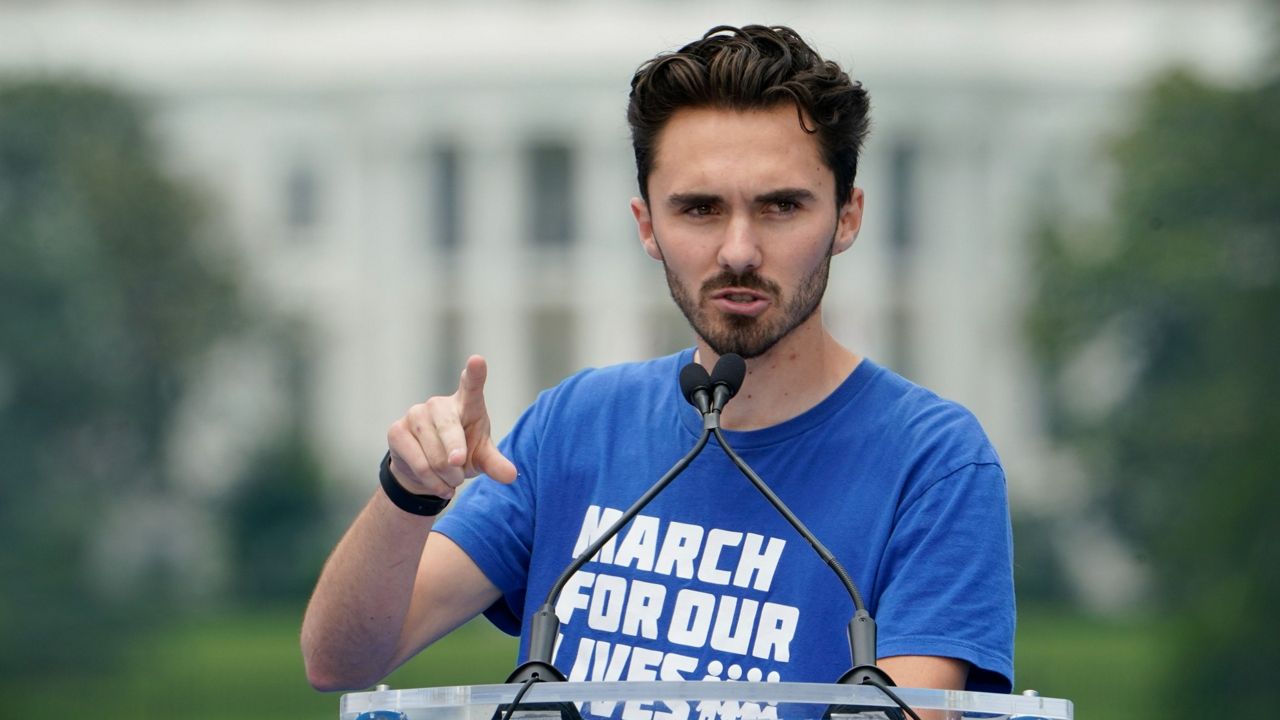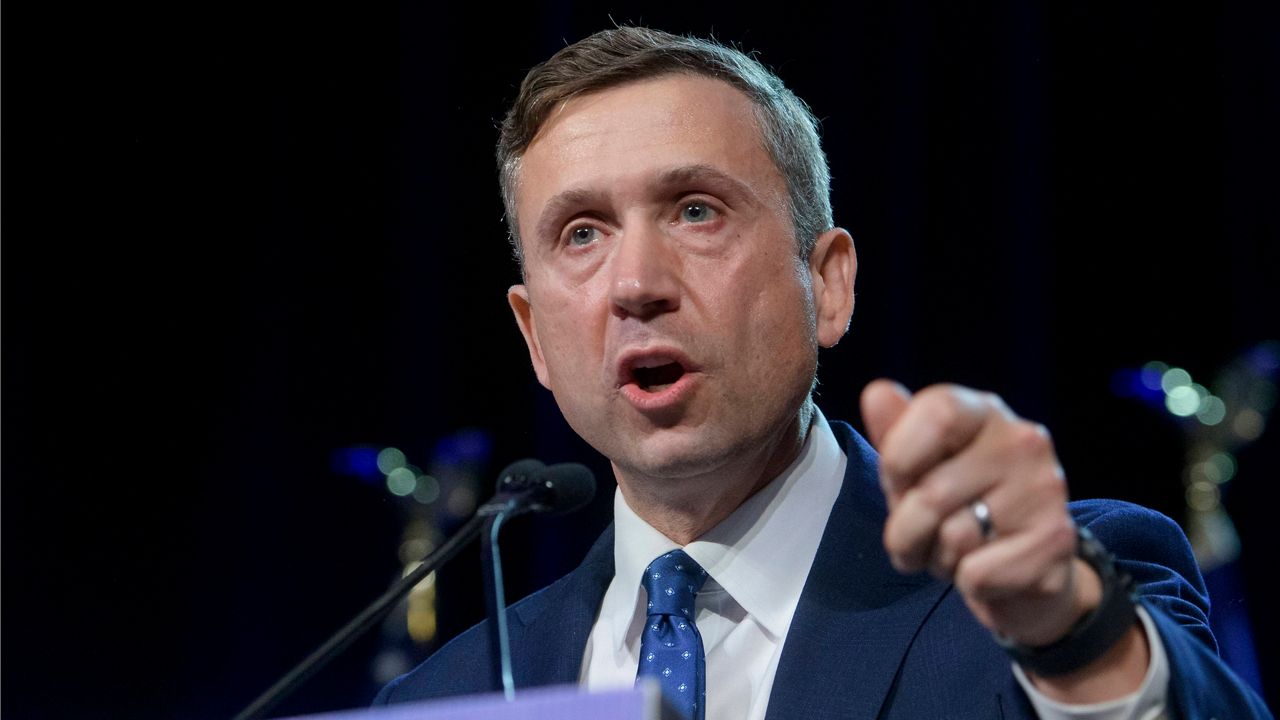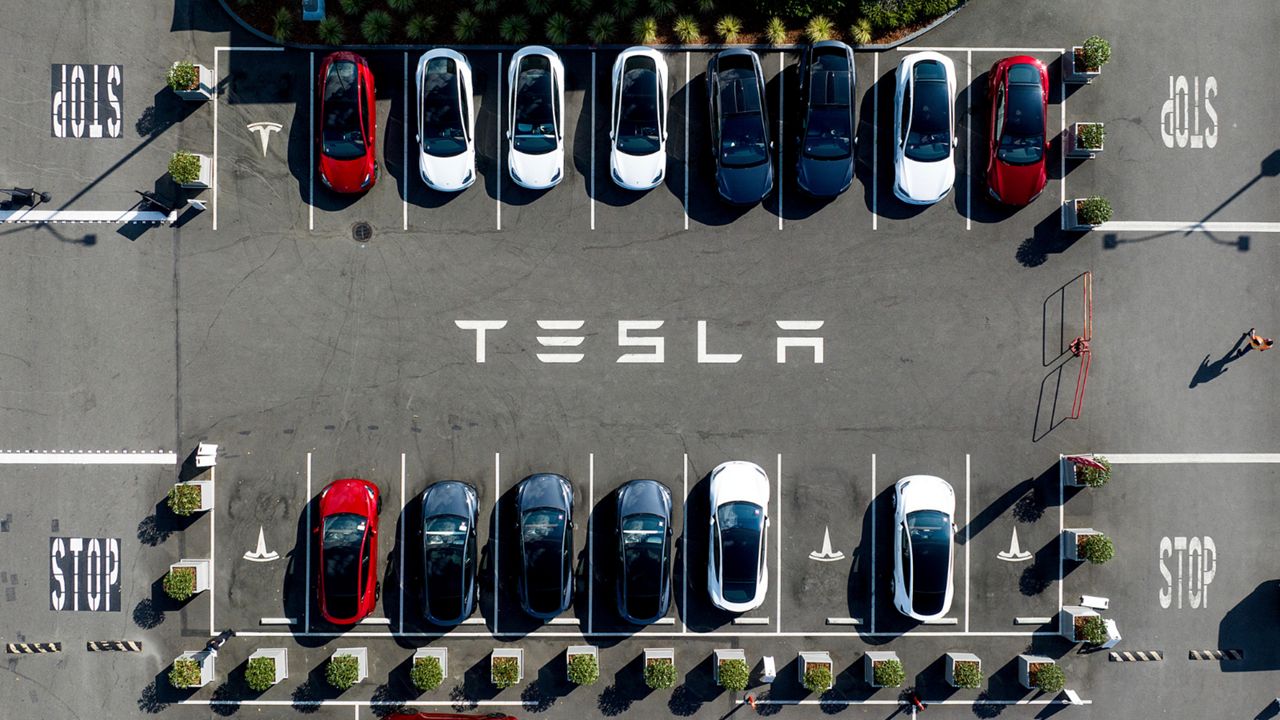In remarks that betrayed barely suppressed disappointment and anger, President Joe Biden promised that his administration would pivot to provide debt relief to student loan borrowers in the wake of the Supreme Court blocking his previously announced plan.
“I believe the court's decision to strike down my student debt relief program was a mistake,” Biden told reporters Friday. “I’m not going to stop fighting to deliver borrowers what they need, particularly those at the bottom end of the economic scale. So we need to find a new way.”
That new way, Biden said, involves authorizations within the Higher Education Act of 1965 that would allow Education Secretary Miguel Cardona to compromise, waive or release loans. In addition, the Department of Education has established the “most affordable repayment plan ever created,” which is intended to help borrowers save more than $1,000 per year.
Rather than operating under the HEROES Act of 2003 to modify and relieve loans, which Chief Justice John Roberts and the high court's 6-3 conservative majority rejected, the Biden administration is instead going to use the Higher Education Act of 1965 as its pathway to forgive student debt.
The HEA, which passed under President Lyndon Johnson’s watch, after he told Congress that “higher education is no longer a luxury, but a necessity.” allows the Secretary of Education to modify, compromise, waive or release student loans — even for those who do not meet criteria for specific cancellation programs codified in the law.
Officials were light on details of the new plan, saying they had to go through the “negotiated rulemaking” process. The White House said that process was already initiated on Friday and a virtual public hearing will be held on July 18.
Bharat Ramamurti, deputy director of the White House National Economic Council, said it was still too early to know if the number of Americans who will benefit from this plan is similar to the number estimated to benefit from the previous one.
“Part of how we do this process is that we initiate it, we put a proposal on the table, we work with stakeholders to get their input, that ends up shaping the scope of the proposal,” Ramamurti said during a White House briefing immediately following Biden’s remarks. “We have clear guidance from the president and the secretary that our goal is to provide relief to as many borrowers as possible under this process.”
Democratic lawmakers have, in the past, urged the White House to use the HEA’s provisions to cancel student debt. In his remarks, Biden said that using the HEA is “legally sound," but is "going to take longer,” adding that it stands as the “best path that remains to provide for as many borrowers as possible.”
Ahead of the Supreme Court’s decision, members of Biden’s administration, and the president himself, expressed confidence on multiple occasions that they had the legal authority to move forward with their plan under the HEROES Act. When pressed about why the White House believed this new plan would not face the same fate in the high court, Secretary of Education Miguel Cardona and Ramamurti did not go into detail about how or why it was more legally sound.
“The Higher Education Act has a pathway and we are going to use that pathway,” Cardona said, adding the reason the administration pursued debt relief through the HEROES Act first was because the “pathway was quicker and we had the authority to do that.”
The administration also announced a 12-month “on-ramp” repayment plan in which borrowers will not receive harsh financial penalties, such as being reported to credit bureaus or debt collection agencies, if they miss a payment between Oct. 2023 and Sept. 2024. The idea is to ease borrowers into paying federal loans after the three-year pandemic pause.
“I know there are millions of Americans in this country who feel disappointed and discouraged, or even a little bit angry about the court’s decision on student debt,” Biden told reporters Friday. “I must admit, I do too.”
The program was set to begin, Biden said — the website was ready, 26 million people had already applied to the program, notices were sent out to Americans, and the “money was literally about to go out the door,” the president noted.
Then, on Friday, the Supreme Cour's conservative majority determined that the Biden administration’s plan to cancel up to $400 billion in student loans overstepped the White House’s constitutional authority.
“Republican elected officials and special interests stepped in and said ‘no, no,’ literally snatching from the hands of millions of Americans thousands of dollars in student debt relief that was about to change their lives,” Biden said.
The debt relief, he suggested, would have “freed millions of Americans” from a “crushing burden,” would have allowed more borrowers a path toward home ownership, to start businesses, to start families.
“These Republicans blocked all that,” Biden said. He then jabbed at Republicans, noting that the near-universally supported COVID-era Paycheck Protection Program cost around $760 billion — often with relief funds going straight to businesses owned by Republican lawmakers. His debt relief plan instead, he said, would have cost half that, with an average per-person amount of $10,000 to $20,000 in debt forgiven.
“The hypocrisy is stunning. You can’t help a family making 75 grand a year, but you can help a millionaire and have your debt forgiven?” Biden said.
As Biden thanked reporters for their time and turned to exit, a reporter’s question from the scrum caught him. Why did he give borrowers false hope, they asked?
Biden stopped in his tracks, and turned.
“I didn’t give any false hope. The question was whether or not I would do even more than was requested. What did, I felt was appropriate and would get done,” Biden responded, pointing to reporters with a pen. “I didn’t give borrowers false hope. But the Republicans snatched away the hope that they were given. And it’s real, real hope.”









